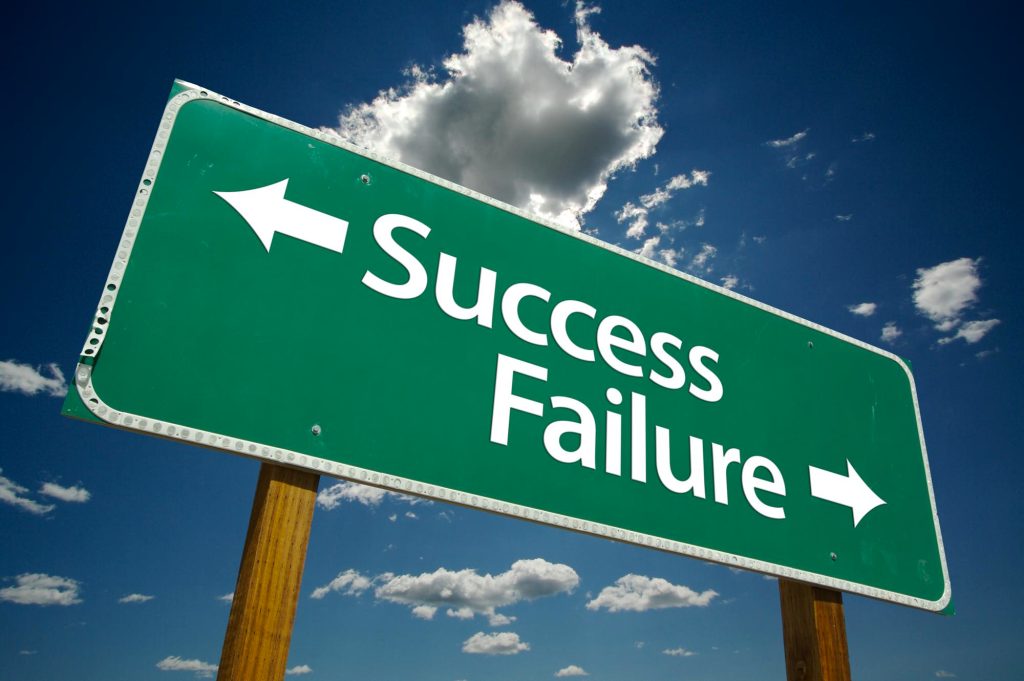Not every marketing channel is going to work for every business, and just because one company experiences a massive ROI doesn’t mean that another company is going to experience a comparable return. Let me explain why.
Reason 1: You don’t have enough time to dedicate to management and optimization.
No online advertising option is truly “set and forget.” All of them require constant monitoring and optimization. Most large brands either have a large online marketing team in-house or they hire a digital agency. Larger brands want (and have the budget) to be visible on every channel — it’s part of their branding play.
Smaller companies with limited staff, or solopreneurs doing their own marketing, advertising simply don’t have the time to manage and optimize several channels. These companies need to identify one or two options that have the potential to scale. Often, it’s smart to focus on Facebook ads and AdWords pay-per-click campaigns, as both feature virtually unlimited scaling opportunity.
Reason 2: Not every audience has the same intent.
There’s a big difference between actively seeking and impulse actions. Facebook ads can produce a great ROI for some brands, but you have to understand how those ads are displayed. While Facebook offers excellent targeting options, the users see your ads in their feed. They aren’t actively searching for the product or service you offer.
If your company sells consumer health products, for example, then Facebook ads are a great way to put your offer in front of an audience that is likely interested in what you are selling. While they aren’t actively seeking it, you can trigger impulse purchases with attention-grabbing ads.
If your ad is enticing and clever, you might receive a click or engagement — and if your offer is irresistible you will see conversions. Now, a Google AdWords campaign allows you to place your ad directly in front of users that want your service or product. “AdWords allows us to target potential clients that are looking to speak to a local lawyer immediately. With proper keyword selection and ad copy that offers a solution to their problem, we are able to generate leads that convert at a high rate,” explains Todd Tinker, founder of The Tinker Law Firm, PLLC.
Some marketing channels are just irrelevant — if you are a B2B SaaS company, then LinkedIn is an option, but advertising your consumer health product there would be a complete waste of your budget.
If someone is actively searching for a product or service, they are more likely to open Google and type in their search query, hoping to find exactly what they are looking for. “Pay-per-click ads provide us with the highest measurable ROI. If someone is searching for Liposuction, we can be the top listing in the search results. This allows us to attract potential patients that are ready to come in for a consultation,” stated Dr. Ajaka, Medical Director of Cosmos Clinic.
Reason 3: Cost-per-acquisition can vary drastically between multiple channels.
What would you do if one of your marketing campaigns was delivering a $30 cost-per-acquisition and another one was giving you the same results at a $2 CPA? Answer: pause the $30 CPA campaign and allocate its budget to the campaign producing acquisitions at $2.
There are plenty of ways to market your business online, but the key is to experiment and test the waters, because not everything will deliver a CPA that makes financial sense. You have to pay very close attention to your data and constantly optimize. Just as important, you need to know when it’s time to abandon one channel and focus on more promising marketing opportunities.
___
by JONATHAN LONG
source: Entrepreneur










